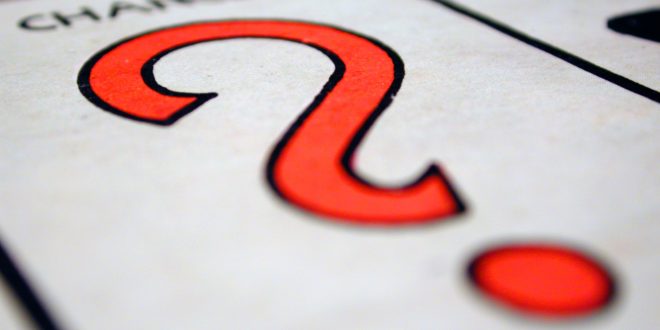Anxiety manifests when an individual perceives an immediate threat. Despite evidence that on average, holding all things equal, the world has never been safer for most people, anxiety has continued to rise in the general population. Anxiety is often driven by difficulties tolerating the inevitable uncertainties that make up our lives, uncertainties that can make us concerned we may come to harm. Anxiety is typically uncomfortable and motivates people to engage in actions or items to reduce their discomfort. Some of those actions are called safety cues (e.g., having a mobile phone) and safety behaviors (e.g., checking the mobile phone). When people rely on cues or behaviours that work quickly to reduce their anxiety, they lose the opportunity to practice tolerating the distress, which also means they lose the opportunity to learn that they can manage and overcome anxiety. People can also become more likely to depend on safety cues and engage in future safety behaviors because they remember the cues and behaviours made them feel better in the past. Paradoxically, by trying to feel better in the short-term, difficulties tolerating uncertainty increase in the long-term, which also increases anxiety. Mobile phones are historically unique safety cues that facilitate safety behaviours, such as constantly accessing the Internet and checking on loved ones. The research we conducted demonstrated a correlation between intolerance of uncertainty, mobile phone access, and Internet usage; specifically, intolerance of uncertainty in the population appears to have risen alongside mobile phone use over the past few decades. Mobile phones may be implicitly increasing safety behaviours, preventing everyday exposures to uncertainty, making people less tolerant of uncertainty, and therein ultimately increasing their anxiety. The researchers look forward to future investigations involving systematic exposures to uncertainty. In the meantime, we all might want to consider spending more time offline and unplugged to let us practice tolerating uncertainty.
Read the full paper: Carleton, R. N., Desgagné, G., Krakauer, R., & Hong, R. Y. (in press). Increasing intolerance of uncertainty over time: the potential influence of increasing connectivity. Cognitive Behaviour Therapy. doi:10.1080/16506073.2018.1476580



Photo by: Mark Strozier
 Cognitive Behaviour Therapy A peer reviewed, multidisciplinary journal devoted to the application of behavioural and cognitive sciences to clinical psychology and psychotherapy.
Cognitive Behaviour Therapy A peer reviewed, multidisciplinary journal devoted to the application of behavioural and cognitive sciences to clinical psychology and psychotherapy.




